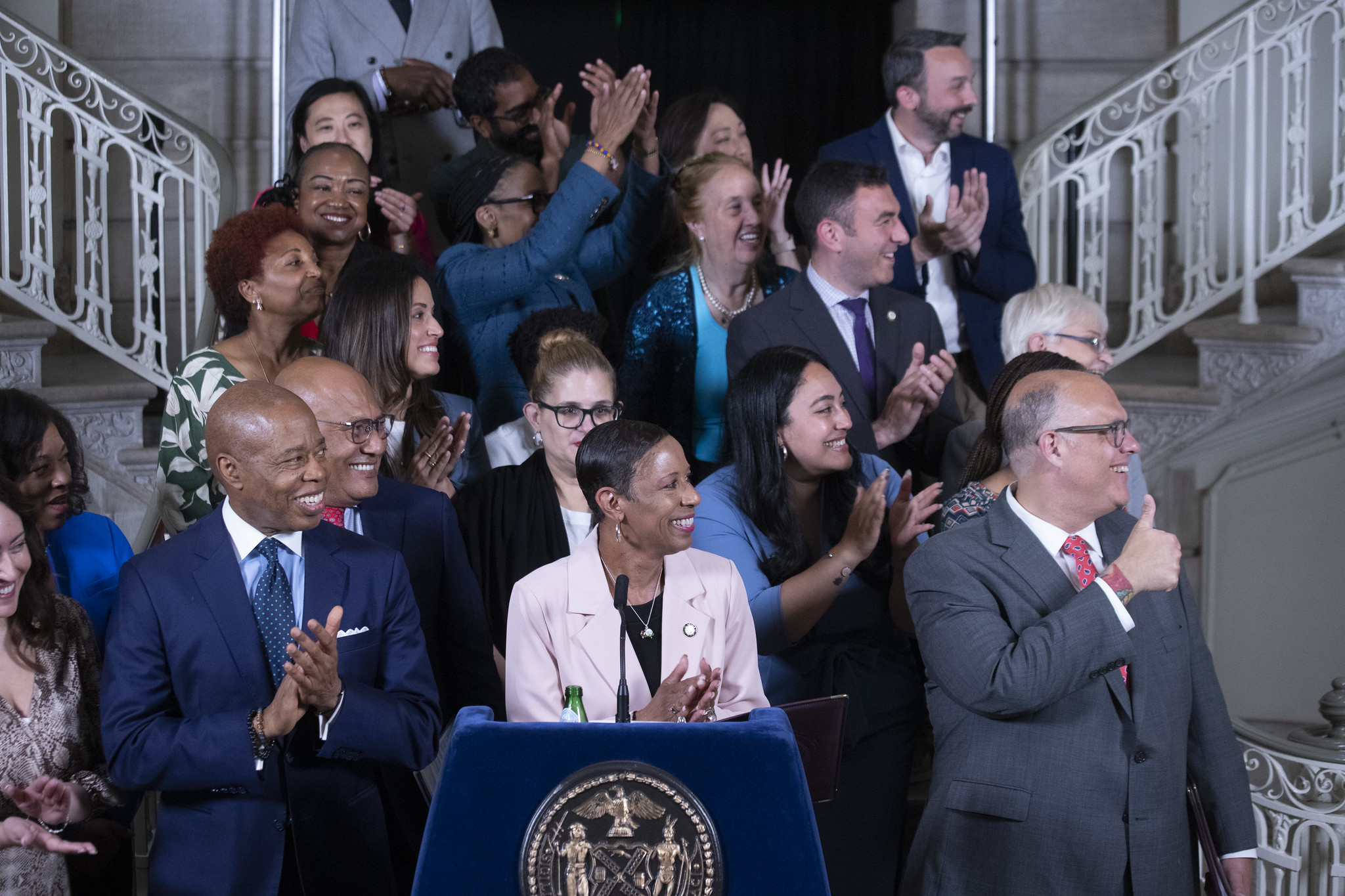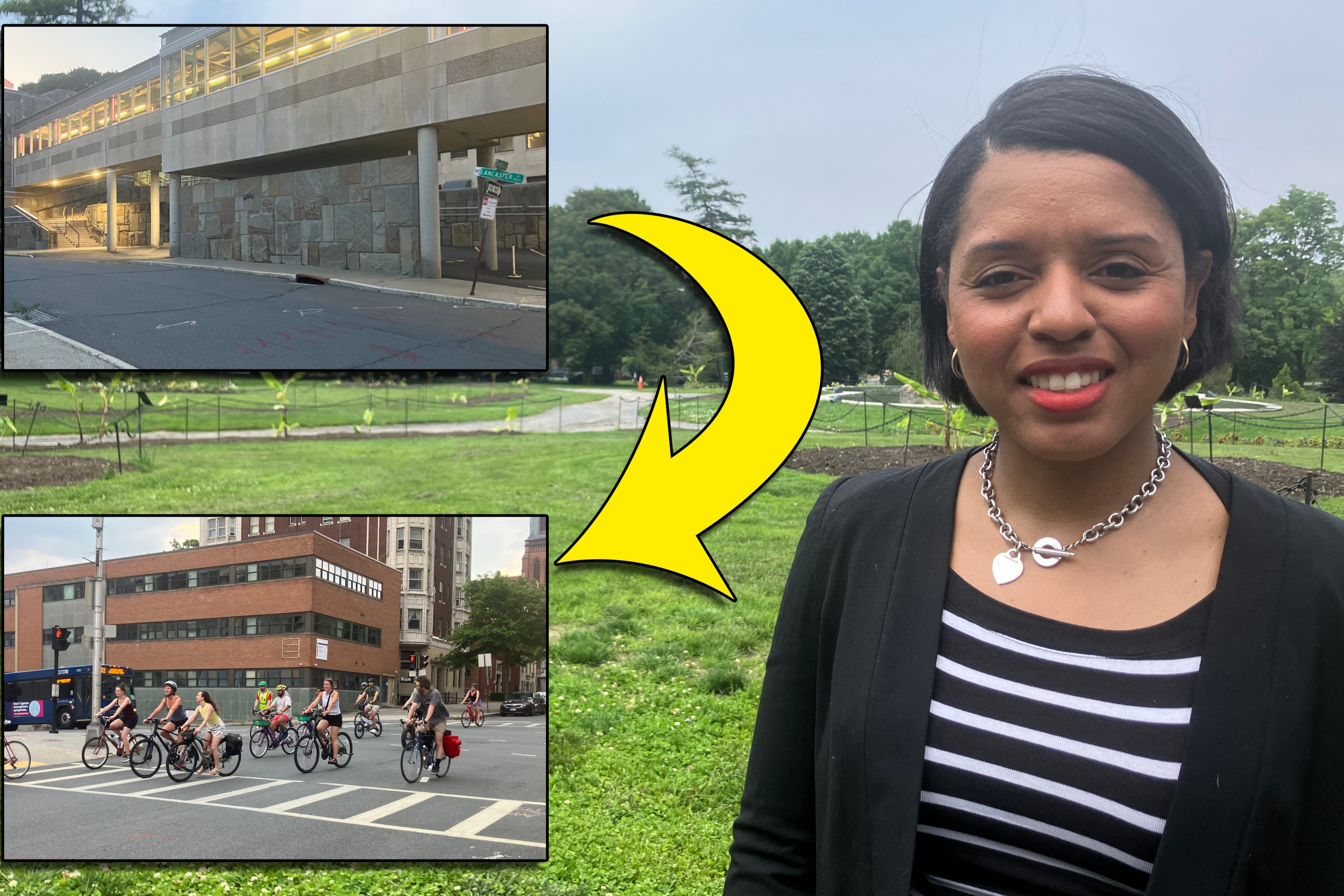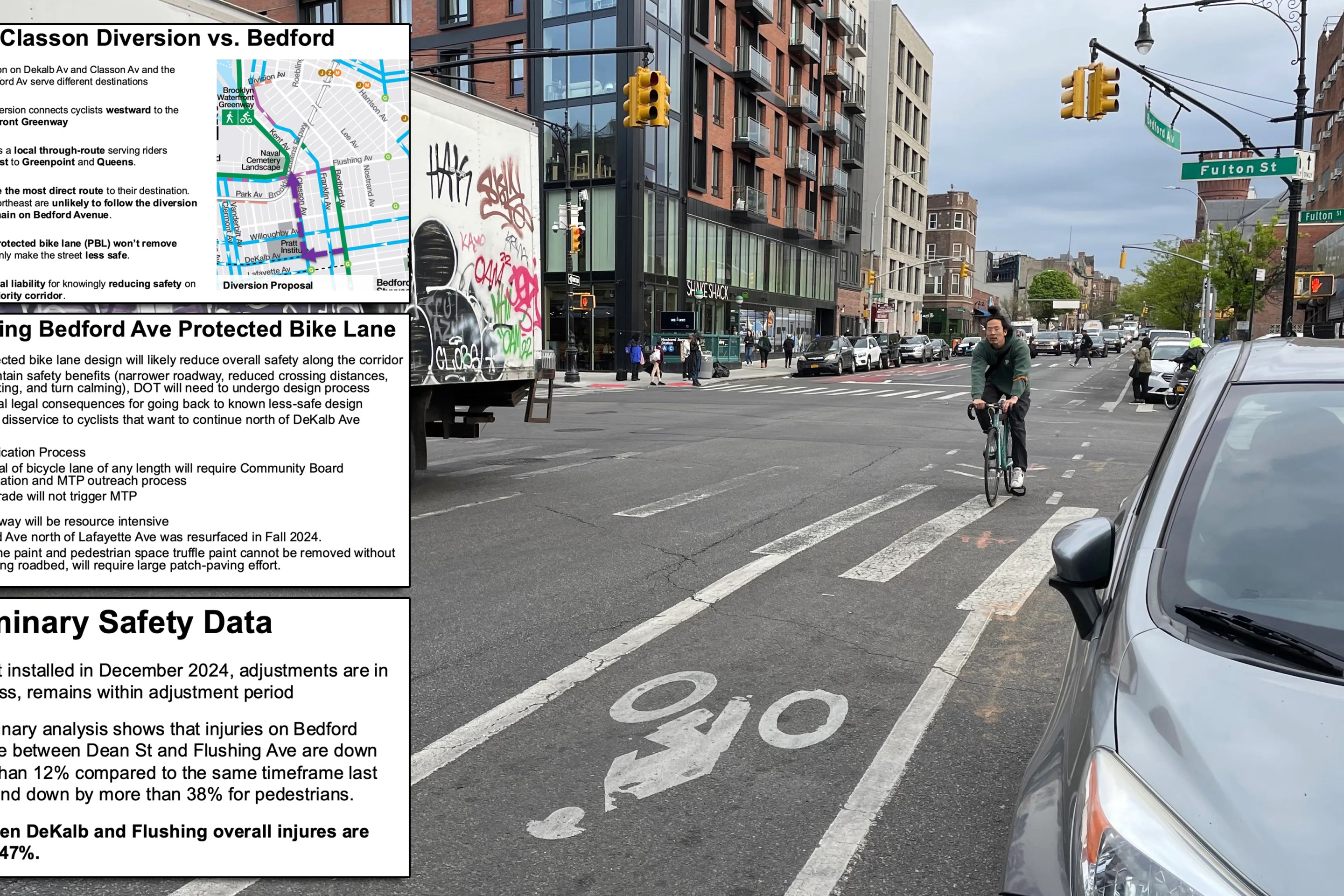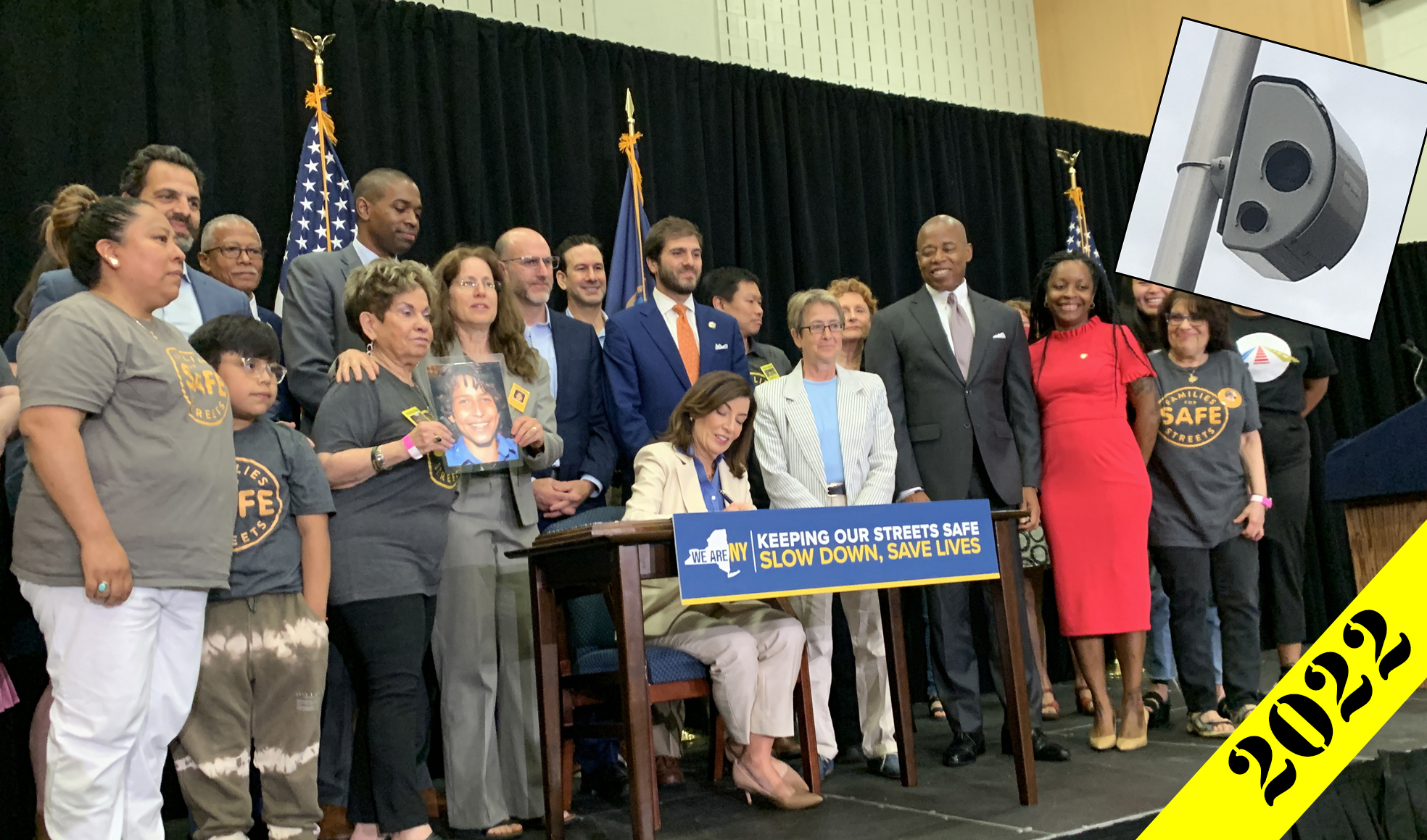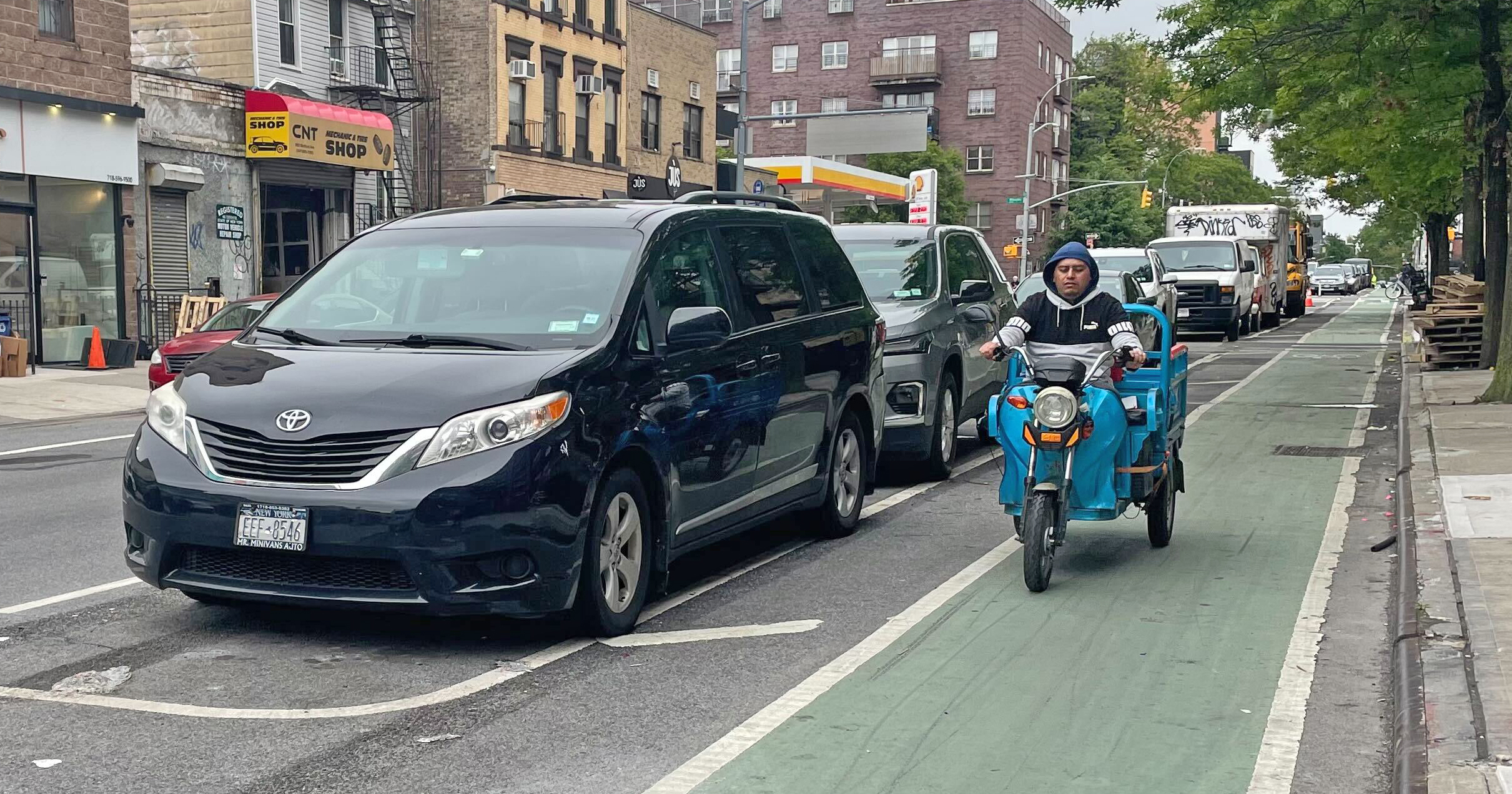For cash-strapped transit agencies in American cities, the federal response is limited to, "Here, have a few more buses." Which is fine, unless you can't afford to fuel up those buses or pay someone to drive them, as was the case for many transit agencies the last time gas prices were soaring and more people than ever were demanding transit service, in 2008.
That's why for years, transit advocates and operators have been pressing the feds to provide operating support in addition to capital funding -- the shelters, garages and vehicles for which federal support has been limited. Hoping to avoid a repeat of 2008, last week more than 30 transit agencies went to Washington to appeal for federal operating support.
But the House isn't in a giving mood, and agencies were told they'd need to streamline operations, i.e. cut service just when it is needed most, according to a Wall Street Journal report.
Ben Kabak at Second Avenue Sagas says -- surprise! -- politics are, once again, preventing the country from solving critical problems:
The American Public Transportation Association wants to see action from DC before it’s too late. APTA looks at rising gas prices and notes how the increase in fuel costs lead to more transit trips. If gas tops $4 per gallon, transit agencies would see an additional 670 million trips a year. As [Wall Street Journal reporter Melanie] Trottman notes, “When gas prices rose in 2007 and topped $4 in mid-2008, 85% of transit agencies reported experiencing capacity constraints on parts of their systems, APTA said.”
The problem is two-fold. On the one hand, politicians hate to invest in operating costs because it’s not sexy. It’s not something they can show to the press or constituents as a firm commitment to transit. They can’t take people into the headquarters of a transit agency to show a well-funded system as they can to, say, a pit underneath the Sunnyside Yards.
And so transit agencies will go forward with their economic crises. If gas rises and voters head to buses and trains, systems will find themselves at capacity, and politicians may begin to hear from constituents about inadequate public transit. It will take creative leadership to solve this problem, and right now, we’ve seen little willingness to head down that path. Costs will grow while subsidies and support do not.
Elsewhere on the Network today: California Streets reports on the latest developments in peer-to-peer car sharing, as presented at the San Francisco edition of Transportation Camp. Transit Miami highlights a blatant case of blaming the victim in the media's coverage of a pedestrian fatality in South Florida. And Gary Rides Bikes swoons over a proposal to make Portland's Michigan Avenue a bike boulevard.

